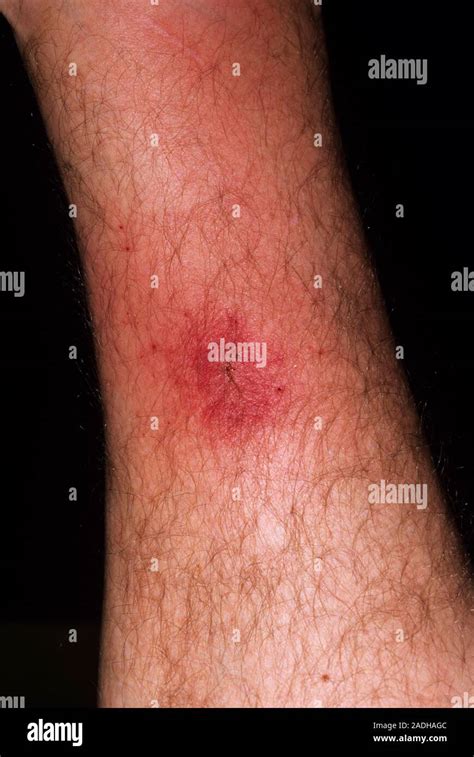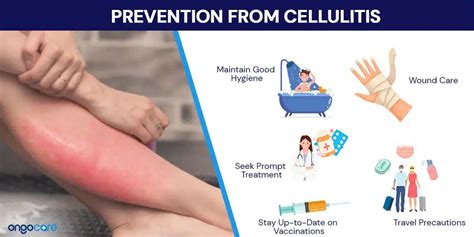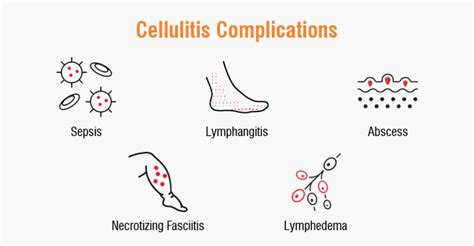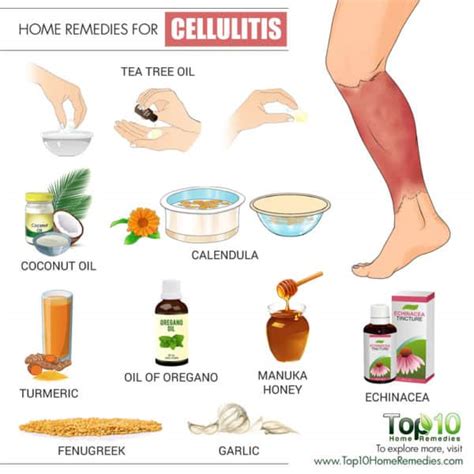Intro
Discover how insect bites can lead to cellulitis, a bacterial skin infection. Learn symptoms, treatment, and prevention of cellulitis from bug bites, spider bites, and mosquito bites, and reduce risk of complications.
Cellulitis is a common skin infection that can be caused by a variety of factors, including insect bites. Insect bites can introduce bacteria into the skin, leading to an infection that can spread quickly if left untreated. Cellulitis from insect bites can be a serious condition, especially for individuals with weakened immune systems or underlying health conditions. In this article, we will explore the importance of understanding cellulitis from insect bites, its symptoms, causes, and treatment options.
Cellulitis is a bacterial infection of the skin and subcutaneous tissues. It can occur anywhere on the body, but it is most commonly found on the legs, arms, and face. Insect bites are a common cause of cellulitis, as they can introduce bacteria into the skin through the bite wound. Other causes of cellulitis include cuts, scrapes, and surgical wounds. Understanding the causes and symptoms of cellulitis is crucial for prompt treatment and preventing serious complications.
The symptoms of cellulitis from insect bites can vary depending on the severity of the infection. Common symptoms include redness, swelling, warmth, and pain in the affected area. The skin may also become tender to the touch, and there may be a discharge or pus from the wound. In severe cases, cellulitis can cause fever, chills, and swollen lymph nodes. If left untreated, cellulitis can lead to serious complications, such as abscesses, sepsis, and even death. It is essential to seek medical attention if symptoms persist or worsen over time.
Understanding Cellulitis from Insect Bites

Causes of Cellulitis from Insect Bites
The causes of cellulitis from insect bites can vary depending on the type of insect and the location of the bite. Some of the most common insects that can cause cellulitis include mosquitoes, spiders, and ticks. These insects can introduce bacteria into the skin through their saliva or feces, leading to an infection. Other factors that can increase the risk of cellulitis from insect bites include weakened immune systems, underlying health conditions, and poor wound care.Symptoms of Cellulitis from Insect Bites

Treatment Options for Cellulitis from Insect Bites
The treatment options for cellulitis from insect bites depend on the severity of the infection. Mild cases of cellulitis can be treated with oral antibiotics, while more severe cases may require intravenous antibiotics. It is essential to seek medical attention if symptoms persist or worsen over time. Other treatment options include: * Rest and elevation of the affected area * Applying warm compresses to the affected area * Taking over-the-counter pain medication * Practicing good wound care, such as keeping the wound clean and dryPrevention of Cellulitis from Insect Bites

Risk Factors for Cellulitis from Insect Bites
There are several risk factors that can increase the likelihood of developing cellulitis from insect bites. These risk factors include: * Weakened immune systems * Underlying health conditions, such as diabetes or liver disease * Poor wound care * Previous history of cellulitis * Age, with older adults being more susceptible to cellulitisComplications of Cellulitis from Insect Bites

Diagnosis of Cellulitis from Insect Bites
The diagnosis of cellulitis from insect bites is typically made based on a physical examination and medical history. The doctor may also perform laboratory tests, such as blood cultures or wound cultures, to confirm the diagnosis. Imaging tests, such as X-rays or ultrasound, may also be used to evaluate the extent of the infection.Treatment of Cellulitis from Insect Bites

Recovery from Cellulitis from Insect Bites
The recovery from cellulitis from insect bites can vary depending on the severity of the infection. With prompt treatment, most people can recover from cellulitis within 7-10 days. However, it is essential to seek medical attention if symptoms persist or worsen over time. Some of the ways to promote recovery from cellulitis include: * Getting plenty of rest * Elevating the affected area * Applying warm compresses to the affected area * Taking pain medication as directed * Practicing good wound care, such as keeping the wound clean and dryConclusion and Next Steps

We invite you to share your thoughts and experiences with cellulitis from insect bites in the comments below. Have you or someone you know been affected by cellulitis? What steps did you take to prevent or treat the condition? Your comments and feedback are valuable to us, and we look forward to hearing from you.
What are the symptoms of cellulitis from insect bites?
+The symptoms of cellulitis from insect bites include redness, swelling, warmth, and pain in the affected area. The skin may also become tender to the touch, and there may be a discharge or pus from the wound.
How is cellulitis from insect bites treated?
+The treatment of cellulitis from insect bites depends on the severity of the infection. Mild cases of cellulitis can be treated with oral antibiotics, while more severe cases may require intravenous antibiotics.
Can cellulitis from insect bites be prevented?
+Yes, cellulitis from insect bites can be prevented by avoiding insect bites, practicing good wound care, and seeking medical attention if symptoms persist or worsen over time.
What are the complications of cellulitis from insect bites?
+The complications of cellulitis from insect bites include abscesses, sepsis, gangrene, and amputation. If left untreated, cellulitis can lead to serious and life-threatening complications.
How long does it take to recover from cellulitis from insect bites?
+The recovery from cellulitis from insect bites can vary depending on the severity of the infection. With prompt treatment, most people can recover from cellulitis within 7-10 days.
